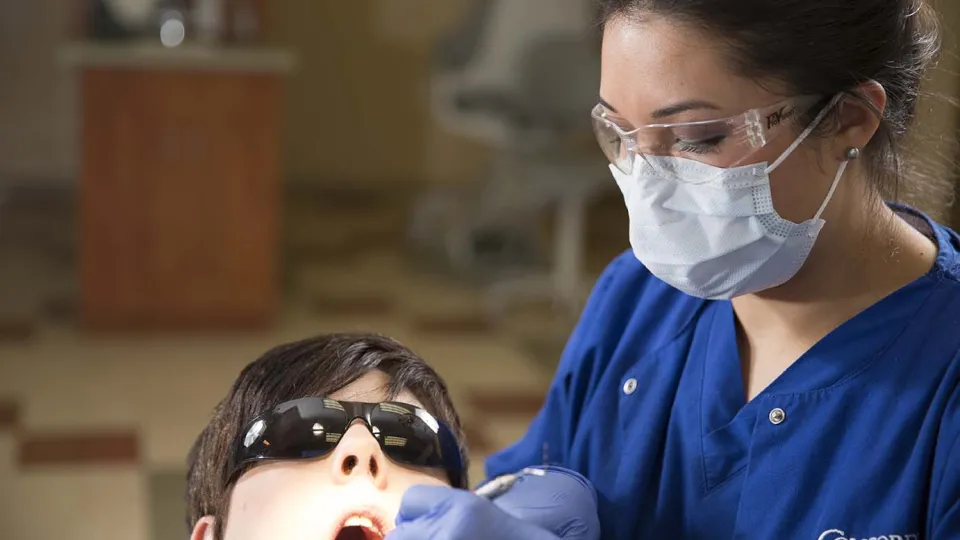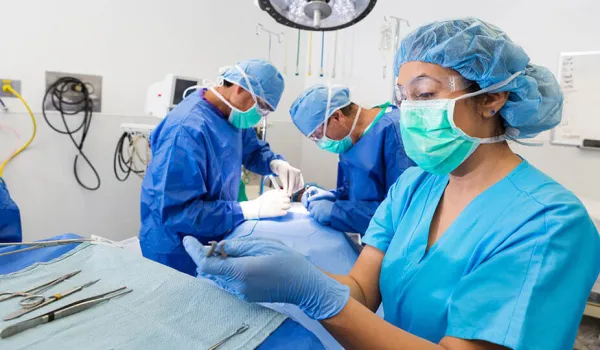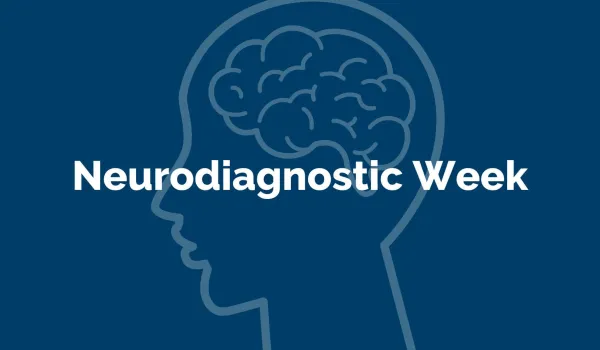Concorde Staff

Back in February, we here at Concorde Blog Central published a blog on "How to Properly Brush Your Teeth." We decided this time to look at the other side of this issue. Call it the dark side of Dental Hygiene.
What are some of the most common mistakes people, especially kids, make when brushing their teeth? These are mistakes folks make on a regular basis. They are mistakes that could lead to decay and severe dental issues down the road.
To get to the bottom of these common mistakes in Dental Hygiene, we enlisted the help of a few of our Concorde Dental Hygiene Program Directors. Here's what they had to say.
8 common mistakes in brushing and Dental Hygiene
Diane Osso, Dental Hygiene Program Director at Concorde's campus in Aurora, Colo., listed eight common errors in tooth brushing.
- Not brushing long enough - should be two minutes.
- Using a medium or hard toothbrush - only soft or extra soft recommended.
- Not replacing their brush often enough - manual brushes should be replaced every three months.
- Brushing too hard - a very light touch is all that is needed.
- Scrub brush method used - should be two teeth at a time, wiggle method.
- Not angling the brush toward the gum line - most important area on which to focus, often missed.
- Failure to get all tooth surfaces, no method - many areas missed.
- Not brushing twice daily - many people brush only in the morning.
Harder bristles not better when it comes to Dental Hygiene
Marla Dunlap, Dental Hygiene Program Director at Concorde's campus in Memphis, Tenn., jokes with patients and students about hard-bristle brushes. They're good for only cleaning grout or tennis shoes.
"People typically think that a harder-bristle brush is better when actually you should be using a soft or extra soft bristle brush," she said. "Also, people typically scrub back and forth with their brush, causing a gingival recession, instead of angling the bristles toward the gumline. Use a small, circular motion or sweeping motion away from the gumline and concentrate on 2-3 teeth at a time before moving around the arch."
Dunlap added that many tend to forget to brush the tongue or use a tongue scraper. The tongue also hosts a plethora of bacteria.
"When using an electric toothbrush, the operator should only be moving the bristles from tooth to tooth, not applying extra pressure, which causes a recession. Let the toothbrush do the work for you."
Angle makes a difference in good Dental Hygiene
Patients commonly brush with the toothbrush positioned at 90 degrees to the tooth. Brushing at a 45-degree angle into the gumline is what is needed to clean more effectively, according to Alissa Sanchez, DH Program Director at Concorde's campus in Kansas City, Mo.
"Also, patients tend to use large scrub-brush strokes when smaller, vibrating motions are more effective and less traumatic to the teeth and soft tissues," Sanchez said.
Sanchez doubles down on the rule of avoiding hard-bristle brushes.
"Hard toothbrushes can actually cause abrasion, which is irreversible damage to the tooth," she said.
Some good information to know for our Concorde students pursuing their dental hygienist degree online and offline.

Take The Next Step Towards a Brighter Future
We have a Concorde representative ready to talk about what matters most to you. Get answers about start dates, curriculum, financial aid, scholarships and more!



